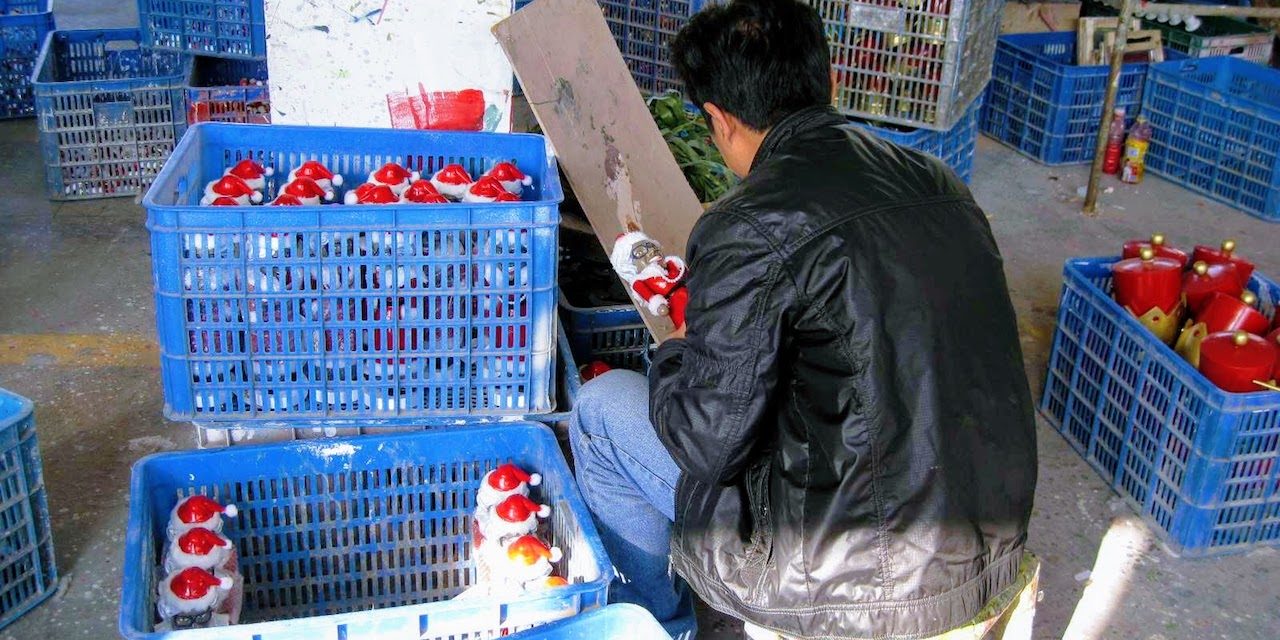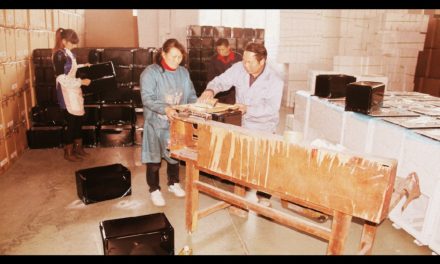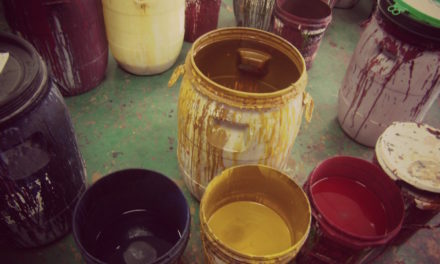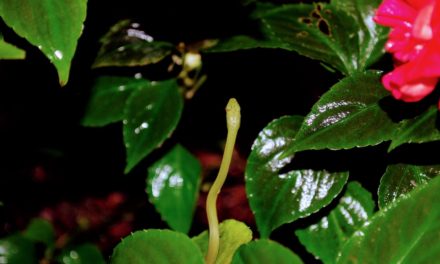The dynamics of a small production facility in China would make fascinating reality TV.
This is almost my mini-book experiences with the small facility in China.
I hope it’s an educational read for anyone who works with these smaller shops and perhaps is looking for better out of their importing?
How do I know about these smaller production facilities?
For years I would export (when I lived in China) and import for the promotional product industry. The North American promotional product industry, when it goes offshore for manufacturing, has these requirements:
- Super fast turnaround time.
- Low minimum quantity.
- Customization at a lean budget.
The larger, better manufacturers don’t want to touch these kinds of orders.
It’s not worth their time. Many promotional product orders are 1-offs. The larger facility isn’t interested in reinventing the wheel for something that’s never going to come back.
Therefore when a promotional product distributor would venture offshore, they’d work with trade companies.
It’s not only for promo items though, these smaller shops also serve private label and FBA style sellers.
These trade companies then work with a small production facility that would agree to those requirements.
These are the types of production facilities that are behind the “Wizard of Oz curtain”.
You fly to Hong Kong for a trade show and meet your supplier.
You ask to see the factory and your supplier is hellbent on you just keeping the meeting in Hong Kong.
Why?
Because they don’t want you to see this place. It reveals that they’re outsourcing you to shaky ground.
Trade companies don’t allow power over your own supply chain.
Because of Alibaba and LinkedIn a buyer can work directly with some of these facilities.
They may be jacks-of-all-trades and promise ability in many product categories.
I’ve had good first-hand views of these factories from a business-standpoint and you may say they run in the family. My wife’s family has their own network of these small production facilities.
What’s it like in one of these small production facility eco-systems?
Location
Most factories now in the manufacturing hubs of China are well outside the larger cities. This started in the early to mid 00’s.
In the small towns, you can still find these factories operating close to older homes and in neighborhoods.
Whereas many of the younger factory workers go work in the larger facilities closer to megacities like Guangzhou or Ningbo, the workforce in many of these facilities may be older.
Much of the production line are young men and women from the even more rural areas. To them it’s an opportunity for income.
The office workers are in some way connected to the owning family. Not necessarily blood relatives, but folks they’ve seen around town for years.
It’s like one big happy family…
It’s a family dynamic. These facilities are what you may refer to as a mom-and-pop shop.
The Boss
You have “the Boss” who is the head (on the surface) of the factory.
Usually he doesn’t speak English and perhaps even struggles with good Mandarin.
I don’t say that to be dismissive. If it’s a smaller facility, for example, in the North of the Jiangsu province, the boss is accustomed to speaking his local dialect and only uses Mandarin when he travels to Shanghai..for example.
His range of knowledge on the production varies.
In some of these facilities he may be very active in working with the production line and checking. This is a good thing.
In other types of smaller factories the Boss is happy to fully delegate all responsibility to a diligent manager.
The Boss’s primarily responsibilities would be:
- Time spent with local government officials. This involves maintaining their status to keep the operation running. With these smaller facilities, they seem to be endanger of closure any moment as China cleans up the proverbial act more and more.
- Connecting with the 3rd party vendors. He maintains relationships with them.
- Keeping the connection with sales people from the trade companies. This may be for international sales or domestic orders.
Was poor quality material used in your order and the factory didn’t reject it?
It may be because the Boss didn’t want to disrupt a good relationship with his friend.
There is a large misconception that PROPER China importing is based on relationships and face.
No, for the experienced importer, proper importing requires knowledge and calculative steps.
But, for these smaller production shops, they are indeed still largely relational in their own circles.
The Boss’s Wife
I use that term because that’s what she’s called in Chinese. 老板娘
She’s usually the lady to fear.
She’s the powerbroker behind the scene.
If she’s not directly in charge of the accounting, she’s well in-tune with what’s going on with the business. I’ve seen orders delay because a certain document couldn’t be sent because she was the only person with access to the chop (stamp). And she was out shopping…
I’ve been in touch with sales contacts before fixing issues and the Boss’s wife can make or break a situation.
If she’s a professional in her field, she’s a great contact to know and have on your side.
If she’s temperamental and only focuses on the next order or cash flow, then tread softly.
Since cash flow is inordinately important to these facilities, they are more concerned with “shipping the order” than getting it right.
Her focus is to make sure the factory spends it’s energy on the larger customers.
Because of our politically correct times, I don’t want to say “Dragon Lady,”… but I am thinking it.
The Diligent Manager
Usually the true production knowledge and hard work stems from this person and his or her direct staff.
They are the ones that connect with the trade companies.
If these factories work directly with foreign buyers, this assistant may be one of the sales contacts.
This may be the bosses son or daughter in many cases. They’ve grown up around the business and have stayed in the hometown. Many of them went of to a university and have like the prodigal child, returned to help with the family business.
They work long hours and legitimately are doing their best to get the orders out correctly.
Production errors that happen are not their absolute fault.
It’s the factory’s system to blame, or lack thereof.
This assistant may be in charge of too many tasks and there’s no real oversight on the factory floor if he isn’t around. He can catch a few problems here and there. But he’s doing his best to keep his head above water.
But his time is stretched between production, sales, meetings and travel.
The smaller production facility and Chinese New Year
At the time of writing this, we’re just a few days away from the holiday.
Before the Chinese New Year, many smaller factories and businessmen are hounded by past due debts.
The above-mentioned boss spends much time this year chasing down domestic clients (money owed) and staying away from his vendors or old disgruntled employees (money due).
Owing money to business partners there, especially in the rural areas, is a huge phenomenon.
That’s one of many reasons importers should be aware of when working with a smaller production shop
This article warrants a follow-up post on the dangers buyers face when they work with one of these smaller facilities.










China Sourcing Basics
Let me share what I've learned about China Sourcing.
Provide your email & receive free ebook: 40 Tips for Emailing China Suppliers.
I'll never spam. I'll share tips on Private Labeling, Sourcing and China Business.
You have Successfully Subscribed!